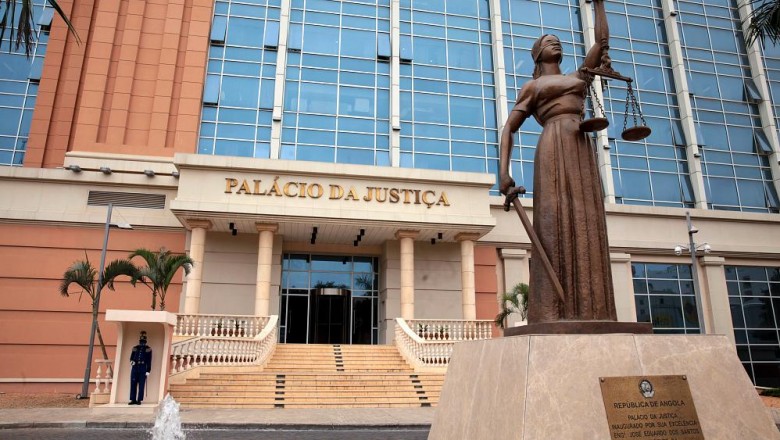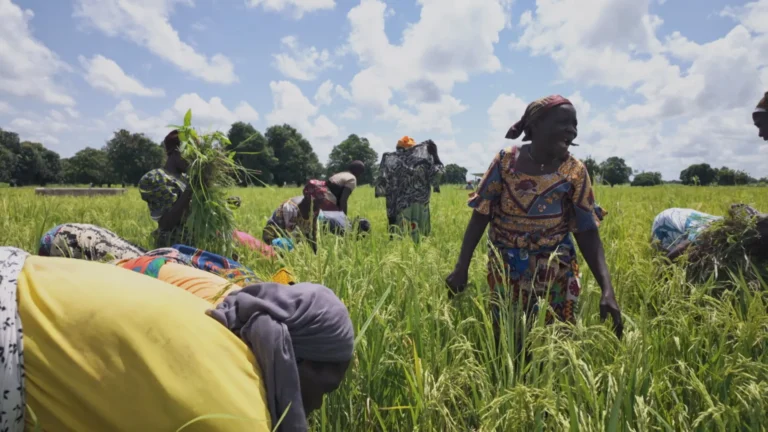
The recent launch of a competition to appoint four new judges to Angola’s Court of Auditors has ignited a critical debate over the integrity and independence of the country’s judicial appointments.
The process, formally announced on 20 June 2025, is widely seen as a pivotal moment in Angola’s journey toward judicial meritocracy and institutional transparency.
Yet, amid high hopes, concerns are growing over whether the process will be guided by constitutional principles or risk being derailed by political compromise.
“In democratic systems, the appointment of senior judges should be guided by the primacy of technical competence, proven experience and moral suitability,” the report cautions.
It adds that transforming such appointments into tools of political accommodation could severely undermine judicial independence.
Citing legal scholar Boaventura de Sousa Santos, the report warns that “justice is a social construction marked by correlations of forces, and the judicial apparatus is not immune to power struggles.”
That warning resonates as the Court of Auditors—tasked with auditing public funds and holding government entities accountable—faces a moment that could either reinforce its legitimacy or cast doubts over its neutrality.
Legal voices stress that any attempt to insert political actors under the guise of technical qualifications would amount to an erosion of constitutional norms.
“Judicial independence is the foundation of the Rule of Law,” wrote Luís Roberto Barroso, whose ideas frame the need for unbiased judicial selection.
The report further warns of long-term consequences: poorly qualified judges lacking technical expertise in public finance, national accounting, and auditing standards could compromise the quality of rulings and hinder oversight functions.
“Financial jurisdiction requires more than legal knowledge; it requires a deep understanding of the economic-administrative system,” emphasized legal expert Carlos Blanco de Morais.
Institutions such as the Superior Council of the Judiciary and the selection board are now under public scrutiny.
“Democracy is not just the rule of the majority, but obedience to the rules of the game,” wrote Norberto Bobbio—a principle that underscores the urgency for transparent and fair proceedings.
The outcome of this competition will serve as a litmus test for Angola’s commitment to good governance.
“Institutional integrity is only possible when decisions are made based on principles and not on convenience,” argued philosopher Ronald Dworkin.
As Angola continues to face major challenges in transparency and public resource management, the stakes could not be higher.
“The strength of oversight institutions is one of the main indicators of democratic quality,” wrote Susan Rose-Ackerman—making it clear that the implications of these appointments will echo far beyond the courtroom.
In the end, the call is unmistakable: merit must triumph over proximity, and the nation’s long-term public interest must outweigh short-term political gain.



